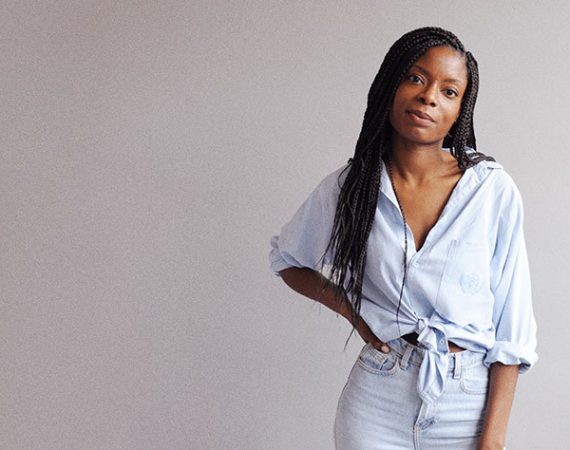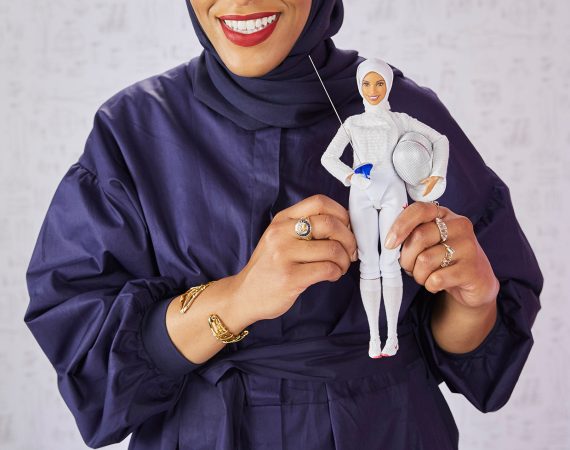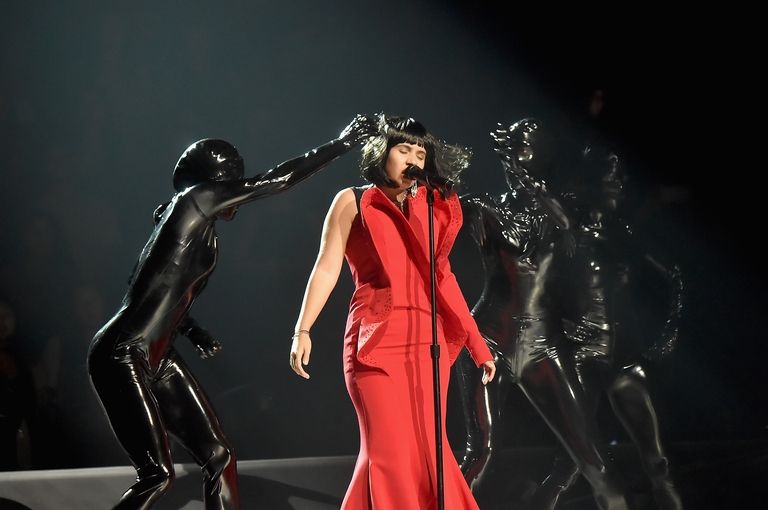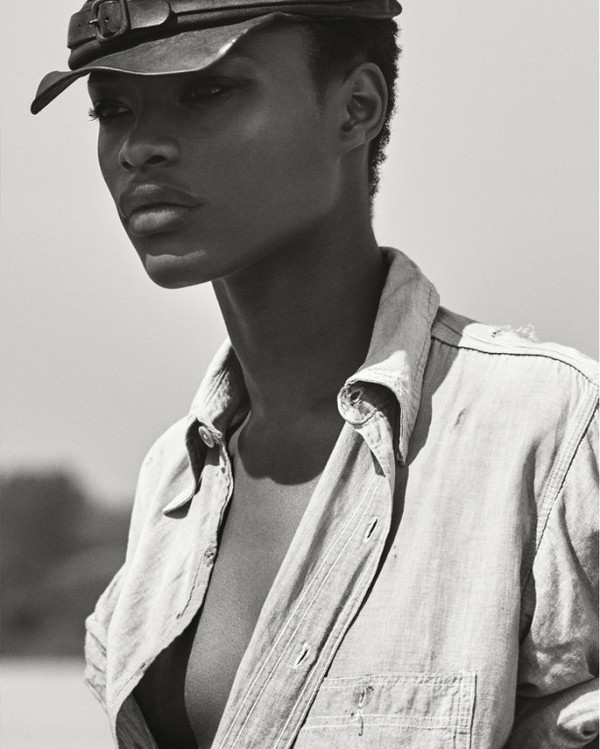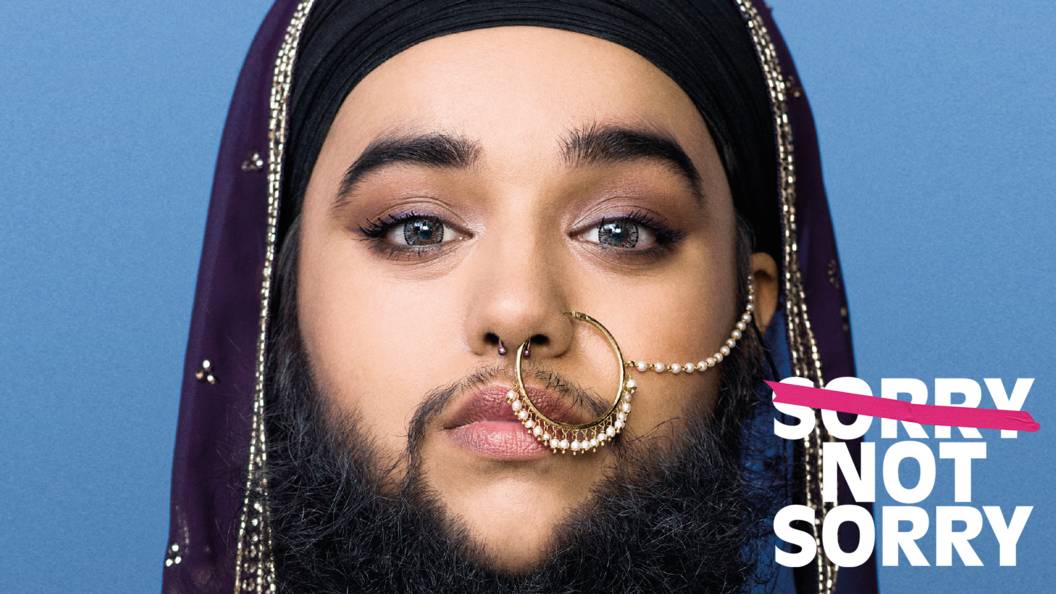At Maki Oh Lagos, careful consideration goes into each collection that is put out. It is evident from the fashion films that precedes the collection, each one unique, telling a story about the origins and influences that guide Amaka Osakwe’s design process.
The brand’s Spring Summer 2016 collection continues Osakwe’s exploration of Nigerian ephemera, this time the concept of Arodan.
Arodan is a Yoruba word with no context, used to suggest aimlessness. Usually used by elders to punish errant children, it is a concept that has endured to present day. Restless and rebellious children are sent on errands to retrieve Arodan from a friend or family member who sends them to someone else. Everyone they approach seeking Arodan is clued in by the word and misdirects them to someone else until they are frustrated into humility or spurred into ingenuity. It is a multi-layered lesson and Osakwe shows us how well she has learnt this.
For a collection that is inspired by futility, Maki Oh’s SS 16 collection shows incredible focus and growth and unexpectedly, experimentation.


For the first time since the Maki Oh label launched, there are definite foreign imports married with the traditional Adire techniques that have become the brand’s calling card. Scalloped Lurex mesh panels appear regularly in the collection, emphasizing movement even in the most structured of dresses.
A blue and brown tear motif dress done in adire with a plunge neckline and pastel coloured Lurex panelling at the base best emphasizes how beautiful this union is. It is also interesting to note that upclose, each tear houses a flower, one of her many secret metaphors. But she also allows the Lurex shine on its own in several ensembles; a choice that is just as inspired.
Volume is something else Osakwe delves into in this collection and she does this through expertly cut, voluminous trousers that drape so easily, it is almost sinful to watch them in motion. There are a lot of trousers in this collection, and even a few skrousers; the layering both aesthetic and practical (sheer fabrics layered over each other for a disruptor effect). This shift towards pants is another experiment for Osakwe that pays off.


There are also flashes of the exploration of Nigerian cultural attire; Maki reworks the thread embroidered crop blouses synonymous with Fulani milk maids into updated 21st century ready street wear. She is a lot more reverent with Aso-Oke, choosing use the threads unwoven in peekaboo fringe detailing on skirts and pants and a decadent Aso-Oke dress that will sit right at home at the most glamorous of red carpets.

Credit: Maki Oh
This collection seems to say to us; even the most gifted artists suffer from ennui, what they choose to do with it makes all the difference.







